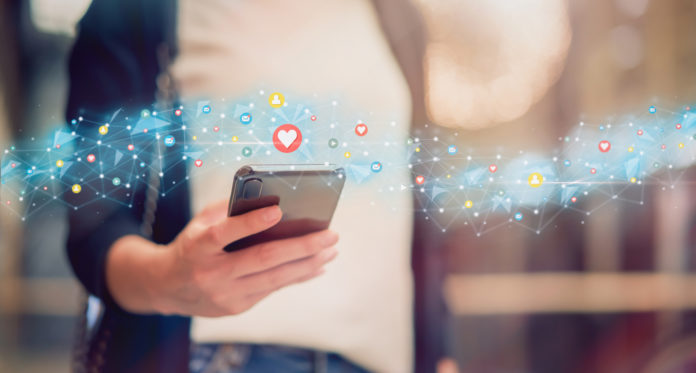Influencer Marketing: Not Just for Cold Brews and Exotic Resorts Anymore
Gone are the days when the term ‘influencer marketing’ conjured images of perfectly composed pictures of iced coffees or a jet-setter’s paradise exclusively. Influencer marketing was once a playground primarily for consumer brands, taking advantage of the massive reach of influencers across various social platforms. The primary appeal was the ability to penetrate into the daily lives of target audiences through their indispensable companions – mobile phones.
However, the B2B sector didn’t initially jump onto this bandwagon. Maybe the B2B players didn’t see how this form of marketing could align with their sales and experiences. Or perhaps, they were already in cahoots with influencers in the guise of industry analysts and research firm reports. But as the times changed, so did the realization that influencer marketing could weave its magic in the B2B space as well. A study by Forrester confirms this trend, with 50% of B2B enterprises upping their influencer marketing budgets this year.
The Digitalization Bandwagon
Enterprises are neck-deep in their digital transformation journeys, and the business landscape is increasingly getting digital. There is a growing demand for e-commerce options to procure the necessary tools and technologies instead of relying solely on salespersons. Moreover, enterprises are more keen on insights from peers and third-party experts before making purchase decisions.
Game Changers in the B2B Influencer Scene
B2B Purchases – A Long-Term Affair
B2B purchases are not impulsive. They are aligned with long-term business objectives and involve significant commitments. It’s not about a quick glance at an Instagram post or a YouTube video. The decision-makers in B2B commerce engage in extensive research before even initiating talks with vendors. Here, influencer marketing can be instrumental. The content that influencers disseminate through social media, blogs, and speaking engagements forms a crucial component in the research process. B2B vendors who are not collaborating with influencers are likely missing out on opportunities to engage key buyers.
Brand Loyalty – A Two-Way Street
Brand loyalty is not a consumer-only phenomenon. Research indicates that testimonials and reviews not only attract new customers but also ensure their continued engagement. B2B influencers such as analysts, industry bloggers, and consultants can provide the much-needed testimonials and positive reviews. They validate and endorse why a particular company should be chosen over others. The authority, authenticity, and niche expertise that B2B influencers bring to the table are highly valued by decision-makers.
H2: The ‘Everything At Your Fingertips’ Mindset Takes Over B2B
Consumer brands have long exploited influencer marketing for its ability to offer immediate purchase options through videos and images. A simple click, and the consumer has what they need. The B2B world is embracing a similar approach. Decision-makers want quick access to information and the ability to make purchases without any fuss. Influencer marketing provides a direct line to facilitate this.
Influencer marketing has transcended the boundaries of being a mere trend. It is here to stay, in both the B2C and B2B arenas. Companies need to proactively incorporate influencer marketing into their strategies. Being customer-centric is key to ensuring the authenticity of your brand through influencer marketing. Oh, and speaking of influencing, if you’re looking for a nifty tool for Instagram shoutout, check out Shoutcart – it might just be the game-changer you need in your arsenal.










